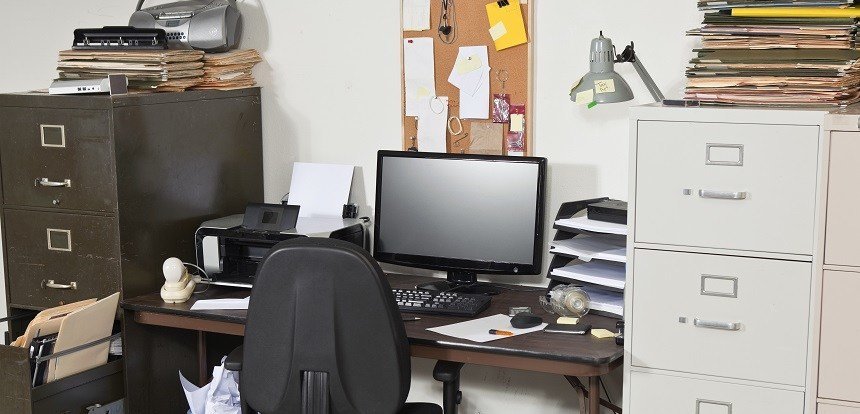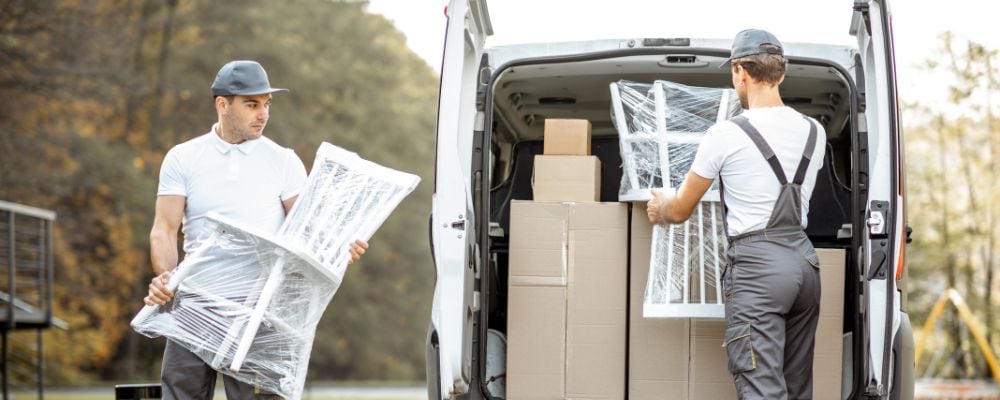Water Damage to Property in Dublin: Be Aware and Prepare
Table of Contents
Water damage is one of the most common and costly types of property damage faced by homeowners and businesses alike.
Whether it’s from a burst pipe, a leaking roof, or severe weather, the consequences can be devastating – ruining valuable belongings, causing structural damage, and driving up water damage insurance claims.
In Dublin, the situation has become more urgent. July 2025 has brought record-breaking rainfall, with Orange and Amber weather warnings issued across the city due to severe downpours.
The strain on drainage systems, along with increased humidity and ground saturation, has significantly heightened the risk of both internal and external water-related issues.
Whether you’re already dealing with a water leak or simply worried about future flooding, now is the time to take proactive measures.
This guide will help you prepare your home, your business, and your belongings for the unpredictable – and sometimes unavoidable – effects of natural disasters and extreme weather.
Have Your Plumbing Looked At
In the average Irish home, it’s the plumbing that causes most cases of indoor water damage via a leaking pipe or plumbing fault.
Even a minor water supply issue can escalate quickly if left unchecked. Worse yet, a sudden burst pipe can flood entire rooms in minutes.
- Inspect visible plumbing regularly, especially around sinks, toilets, and appliances.
- Listen for running water or hissing sounds behind walls – early signs of hidden leaks.
- Schedule professional pipe inspections at least every two years.
- Fit a smart leak detector to receive real-time alerts before a small drip becomes a major incident.
Tip: During cold weather, insulate exposed pipes to prevent freezing and bursting.
Keep an Eye on Your Boundaries
If you live in an area that sees a lot of rainfall or that floods, then you want to make sure your home is going to be able to keep most of the water out.
When it comes to external defences, leaking roofs, poorly sealed windows, and cracked brickwork can let water seep in silently – causing both cosmetic and structural damage over time.
- Ensure all doors and windows are properly sealed.
- Check the attic for signs of water ingress like staining, rot, or damp insulation.
- Arrange an annual roof inspection, especially if your roof is more than 15 years old.
Proactive measure: Install weather stripping and roof flashing to reinforce vulnerable entry points.
Be Ready for the Worst
If your home floods or suffers serious water damage, you want to be prepared to react as soon as possible.
If the worst happens – whether it’s a local flood, a burst pipe, or a broken appliance – having a recovery plan in place is essential and having a readily-accessible storage facility ready to move your stuff is crucial.
- Keep an updated home inventory of valuable items and receipts to support water damage insurance claims.
- Store essential documents (passports, deeds, insurance papers) in waterproof containers. Naturally, you want a digital copy of this inventory and a safe place to keep the originals.
- Use clear, lidded plastic boxes for sentimental items like photo albums or memorabilia.
Tip: Take photos of your belongings and back up files to the cloud for extra protection.
Stop the Spread of Water
Damp patches and mould growth often indicate more than just poor ventilation – they can be a sign of an ongoing water leak, seepage from outside, or rising humidity after heavy rainfall.
- Use dehumidifiers in affected areas to stabilise moisture levels.
- Address early mould growth with mould-resistant cleaners and improved airflow.
- Investigate the underlying cause before simply covering over the damage.
Look out for: Peeling paint, warped skirting boards, and unexplained musty odours – these are common clues of hidden water issues.
Need somewhere secure to store your furniture and things while you sort the mess? Check out our dedicated furniture storage solution to book a clean, dry unit today!
Take Care of Your Gutters
When gutters and downpipes are clogged with debris, rainwater can overflow and creep into the structure through fascia boards, windows, and wall cracks.
- Clear out leaves and silt at least twice a year – more frequently if your home is surrounded by trees.
- Check downpipes for cracks or blockages after every heavy storm.
- Install gutter guards to prevent future clogging.
Aftercare tip: Monitor your external walls for signs of water staining or algae growth – this may indicate ongoing water seepage.
Know Your Area
Depending on where you live, you might be vulnerable to a little more danger, still. If your area is prone to floods, rising water levels can cause it to come up through the drain pipes in the home.
Dublin residents are encouraged to consult the FloodMaps resource to understand historical and projected flood zones, especially as more natural disasters and climate-related incidents are being recorded across Ireland.
If you live in or near a high-risk zone:
- Fit a backflow valve to prevent water from entering your home through drains.
- Consider installing a sump pump to remove groundwater from basements.
- Review your water damage insurance to confirm what’s covered in a flood event.
Visual signs of foundation issues: cracks along walls or floors, sticking doors, or visible shifts in wall alignment.
Consider Water Damage Insurance
With an increase in claims following recent extreme weather events, insurance companies now require more evidence for coverage approval.
As such, homeowners should:
- Photograph rooms and valuables annually.
- Save digital backups of insurance policies and receipts.
- Understand the difference between water damage caused by a burst pipe (usually covered) and flooding due to natural disasters (which may require additional flood insurance).
Tip: Double-check that your current policy covers both contents and structural repairs.
Secure Self Storage for Additional Peace of Mind
While you can’t always prevent water damage, you can take smart steps to limit its impact.
If you’re concerned about the safety of irreplaceable belongings – especially during the current wet season – secure self storage is a reliable solution.
At Nesta, we offer clean, dry, and affordable storage units at six convenient Dublin locations across both North and South Dublin.
Whether you’re temporarily clearing out your ground floor, safeguarding important personal or business items, or renovating your home, our flexible storage options provide reassurance in uncertain weather.
Take Control Before Damage Occurs
Get a quote at your nearest Nesta location today and enjoy peace of mind – even when the rain won’t stop.
Want to know more about how to store your most treasured possessions safely? Check out our guide: How to Store Your Valuables the Right Way
Stay alert, stay protected, and don’t wait until water damage becomes a crisis.
Table of Contents
Related Posts
- February 10, 2026|1 min read
- January 22, 2026|1 min read
- January 8, 2026|1 min read






